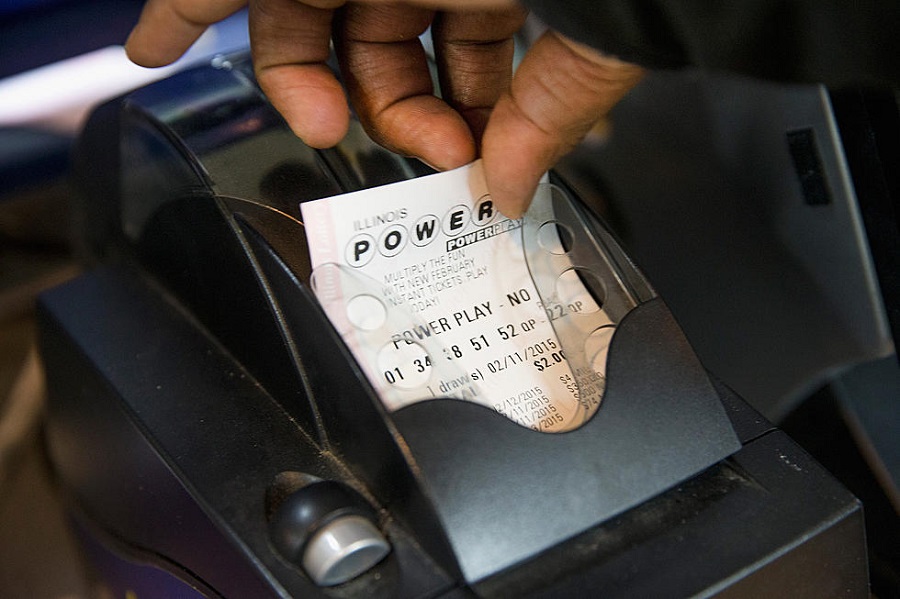The lottery, a game of chance and dreams, has a richer and more fascinating history than many realize. From its ancient origins to its modern-day incarnations, the lottery has been a part of human society for centuries, offering more than just a chance to win big. This article uncovers eight surprising facts about the lottery, shedding light on its intriguing aspects that go beyond the usual tales of luck and fortune. These facts not only provide a glimpse into the lottery’s diverse global presence but also reveal its impact on culture, society, and even government.
1. Ancient Beginnings
The lottery’s roots can be traced back to ancient civilizations. The Han Dynasty in China used a form of lottery to fund major government projects, like the Great Wall of China. In the Roman Empire, lotteries were held as entertainment at dinner parties, where guests would receive tickets for a chance to win prizes.
2. Lottery for Public Projects
Throughout history, lotteries have been used to finance public projects. In the 15th century, various towns in the Low Countries held lotteries to raise money for town fortifications and to help the poor. This practice was a forerunner to modern government-run lotteries.
3. The First Modern Lottery
The first recorded modern lottery was held in 1446 in Bruges, Belgium, for the purposes of raising funds for municipal repairs. However, the first state-sponsored lottery in England was chartered by Queen Elizabeth I in 1566 and held in 1569.
4. Lotteries in the American Colonies
In the American colonies, lotteries played a crucial role in financing both private and public ventures. They helped fund the establishment of the first English colonies and were used by the Founding Fathers to fund libraries, churches, and universities, including Harvard and Yale.
5. A Tool for Social Change
In the 20th century, lotteries have been used as tools for social change. In the 1960s, the lottery was reintroduced in the United States as a way to raise funds without increasing taxes. This model has been adopted worldwide, with lotteries helping to fund public education systems, healthcare, and welfare initiatives.

6. The Largest Jackpot in History
The largest lottery jackpot in history was a Powerball prize of $1.586 billion in January 2016, which was shared by three winners. This astronomical sum highlights the immense scale that lottery jackpots can reach in the modern era.
7. Odds of Winning
While lotteries are known for their life-changing jackpots, the odds of winning the grand prize are often astronomical. For example, the odds of winning the Powerball jackpot are about 1 in 292.2 million.
8. The Impact of Technology on Lotteries
Advancements in technology have significantly changed how lotteries operate. Online lotteries and mobile apps have made playing the lottery more accessible than ever, broadening its appeal and reach.
Conclusion: The Continuing Evolution of Lotteries
In conclusion, the lottery’s rich history and its continuing evolution demonstrate its lasting appeal and significance in societies around the world. From ancient pastime to modern-day phenomenon, the lottery remains a fascinating blend of history, culture, and chance.